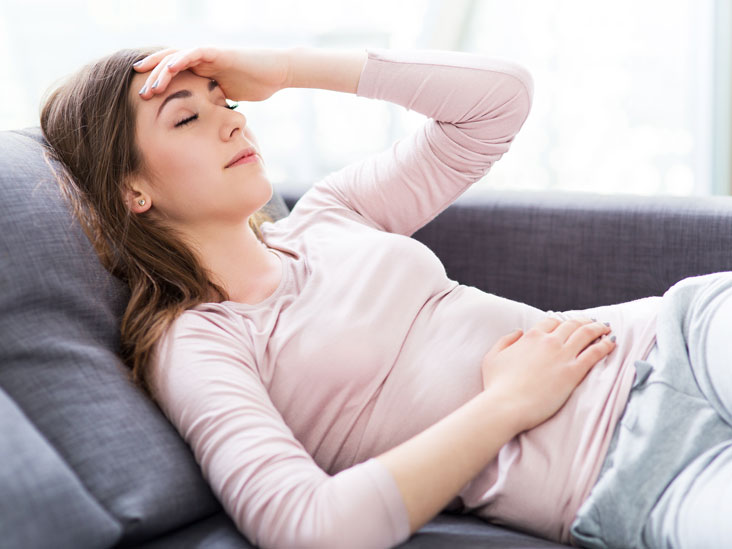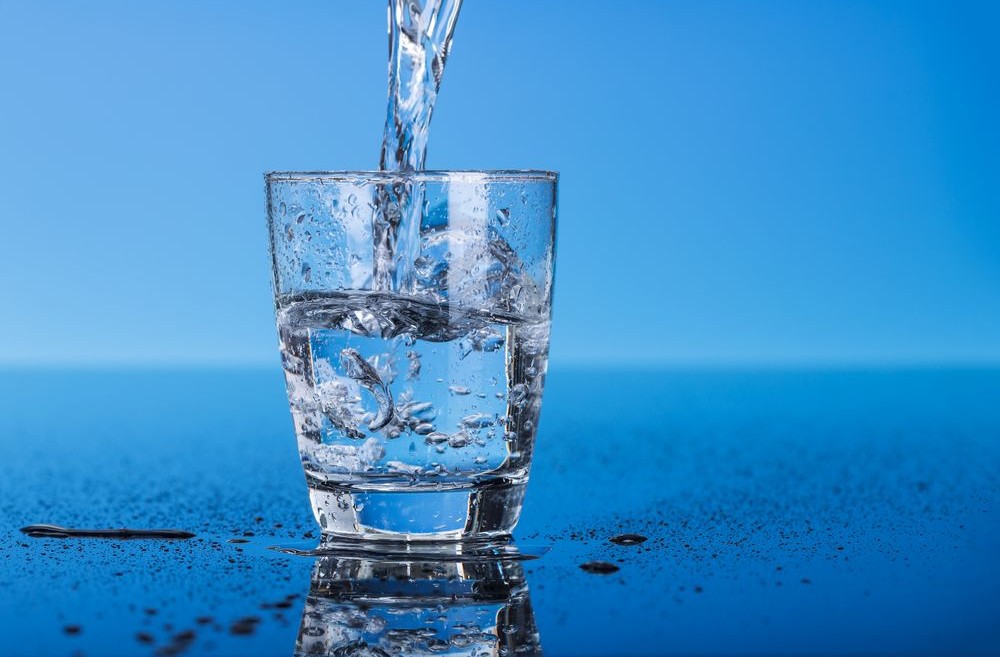Ever wondered why you feel bloated and puffy, as though you have gained inches overnight? Do you find that your rings are suddenly too tight on your fingers? Or that just gently pressing your skin leaves dents? And even your shoes don’t seem to fit? These could be symptoms of oedema or water retention.
Most of us retain water, but within normal parameters. Women are more prone to water retention because it is a symptom of Premenstrual Syndrome (PMS).However, water retention could also be a symptom of kidney disease or heart, liver or thyroid malfunction. So, if you feel you have bloated too much, get yourself checked.
HOW TO DEAL WITH EXCESS WATER RETENTION

DRINK MORE TO LOSE MORE. To significantly reduce the amount of water being retained by your body drink more water. It’s a bit of a contradiction. Here’s what happens… the more water you drink, the more your body will flush out. This is one of the most effective ways to combat water retention. Ten or 12 glasses a day ought to do the trick.
EAT SMART. Diets low in sodium (avoid table salt, pickle, papad, cheese, butter or processed food), and high in potassium (bananas, peaches, plums, musk melons, raisins) help maintain correct electrolyte balance within the body, preventing puffiness. Diuretic fruits (cranberries, vitamin C-rich oranges, limes and other citrus fruits) along with diuretic vegetables (cucumber, lettuce, celery, tomatoes, cabbage, carrots and peppers) help maintain the correct osmolarity within your cells, preventing them from retaining excess water. Some studies show that vita min B6 tablets (pyridoxine) and primrose oil capsules have the same benefits.
CUT BACK TO LOSE MORE. Additionally, avoiding alcohol and caffeinated beverages, anti-in flammatory drugs and oral contraceptives also help reduce water retention in the body.
GET OUT, GET MOVING. Exercise works wonders. Also, avoid standing for long periods, don’t wear tight clothes and keep your legs raised as and when you can to avoid discomfort.




Comments are closed.